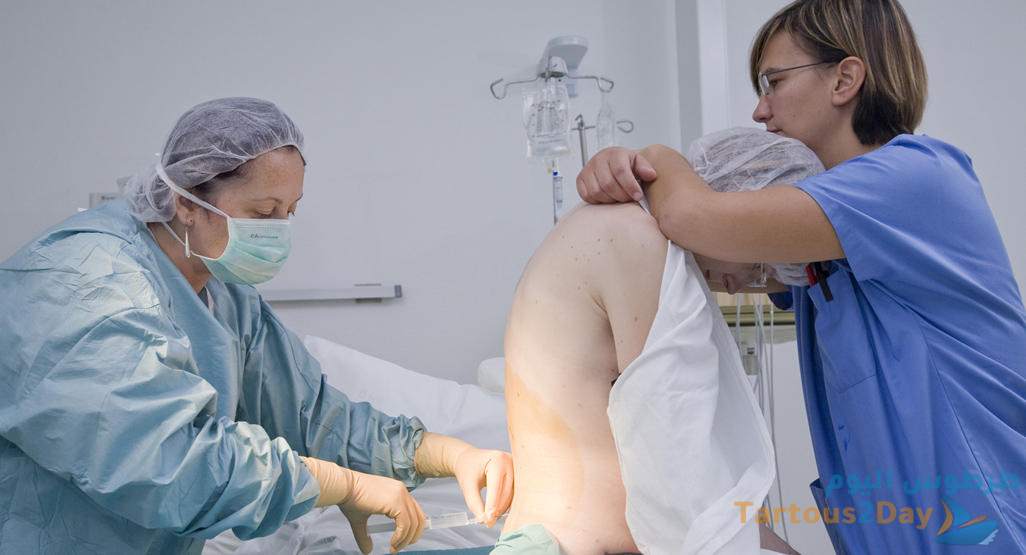
Lumbar anesthesia, also known as spinal anesthesia or subarachnoid anesthesia, is a medical procedure that involves injecting a local anesthetic into the space around the spinal cord within the lumbar region of the spine
This type of anesthesia is often used for surgical procedures below the waist, such as surgeries on the lower abdomen, pelvis, or lower extremities
Here are some common applications
Regional Analgesia for Postoperative Pain: After surgery, lumbar anesthesia techniques like epidurals or nerve blocks can be used to manage postoperative pain, potentially reducing the need for systemic pain medications
Surgical Procedures: Lumbar anesthesia is frequently used for surgical procedures that involve the lower abdomen, pelvis, and lower extremities. It provides effective pain control and muscle relaxation during surgery while allowing the patient to remain awake and aware if needed Common surgeries include cesarean sections, hernia repairs, joint replacements, and lower limb surgeries
Chronic Pain Management: Epidural or intrathecal catheters can be implanted for the continuous delivery of local anesthetics, opioids, or other medications to manage chronic pain conditions, such as cancer-related pain or severe back pain
However, it can have side effects and potential complications
Here are some common side effects and risks associated with lumbar anesthesia
Low Blood Pressure (Hypotension) One of the most common side effects of lumbar anesthesia is a drop in blood pressure. This can lead to dizziness, nausea, and in some cases, fainting
Headache: this headache is typically described as a severe, throbbing pain and can be relieved with bed rest, hydration, or occasionally, a blood patch procedure
Back Pain: Some patients may experience localized back pain at the site of the lumbar puncture
Nausea and Vomiting:anti-nausea medications may be administered to alleviate these symptoms
Numbness and Weakness
some patients may experience temporary numbness or weakness that extends higher than expected
One crucial piece of advice for lumbar anesthesia is to ensure open and honest communication with your healthcare provider
Discuss any concerns, questions, or pre-existing medical conditions you have
Our app for today is
“Figure” ,which contains the largest medical platform worldwide, as if you were in a miniature medical world
App Features
A comprehensive guide with all medical information and illustrative images
Explanation of multiple clinical cases relevant to practicing doctors
The app includes information for all medical specialties
Easy and straightforward user interface
You can download the app through the following link click here
Lumbar anesthesia
![Lumbar anesthesia]() Reviewed by Doctor
on
September 06, 2023
Rating:
Reviewed by Doctor
on
September 06, 2023
Rating:

No comments: